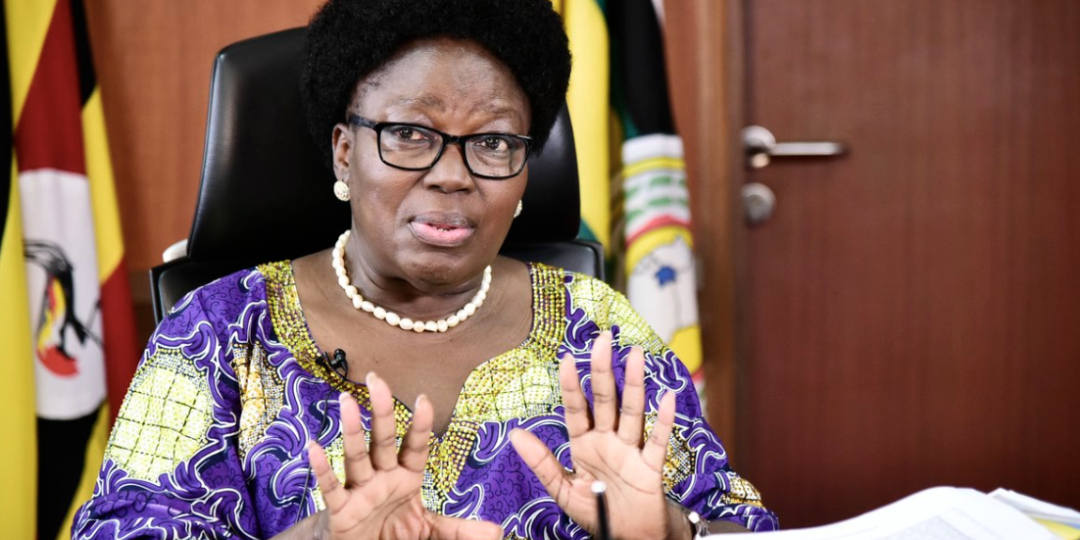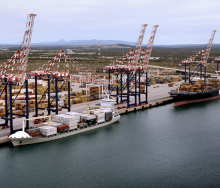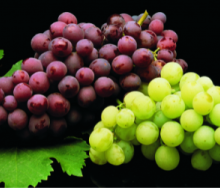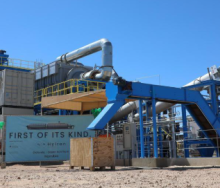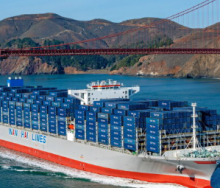Expanding the East African Community (EAC) market with support for the production of goods and services will increase the purchasing power of the population of the region as well as the quality and competitiveness of its products in the regional, continental and international markets.
This was the view of the First Deputy Prime Minister for East African Community Affairs, Rebecca Alitwala Kadaga, during a bilateral meeting held in Busia recently. At the meeting, officials from EAC members Uganda and Kenya, along with joint technical staff from both countries, discussed bilateral issues and matters at their borders.
Kadaga advised the delegations on the importance of continued co-operation among border communities to combat insecurity and promote prosperity.
In a joint communiqué, Kadaga and the Cabinet Secretary of the EAC, Peninah Malonza, emphasised the excellent bilateral relations between Uganda and Kenya.
They stressed the need to continuously strengthen these relations through the Joint Ministerial Commission, bilateral engagements, and other diplomatic structures.
The ministers also recalled and reaffirmed the provisions of the EAC Treaty that prioritise peace and security in promoting regional integration and trade.
They committed to addressing challenges presented by Busia stakeholders in a timely manner and directed border control agencies to expedite the implementation of the Simplified Trade Regime to support small-scale traders.
They also instructed relevant agencies, including customs and police, to ensure that trucks were not delayed at the border.
Furthermore, they called for partnerships with international development partners to develop infrastructure, modernise one-stop border posts’ equipment, and build the capacities of stakeholders and traders.
Regarding fish exports from Kenya to the Democratic Republic of the Congo transiting through Uganda, the ministers stressed the need for proper checks, inspections, and certifications of fish consignments at Busia to ensure seamless movement of the consignments.
Addressing non-tariff barriers between the two EAC partner states, the ministers emphasised their commitment to removing these barriers, which impede market access and contravene the provisions of the EAC Treaty and the Customs Union Protocol.
The ministers agreed to hold bilateral ministerial meetings every six months on a rotational basis at the various one-stop border posts between the two adjoining partner states.
